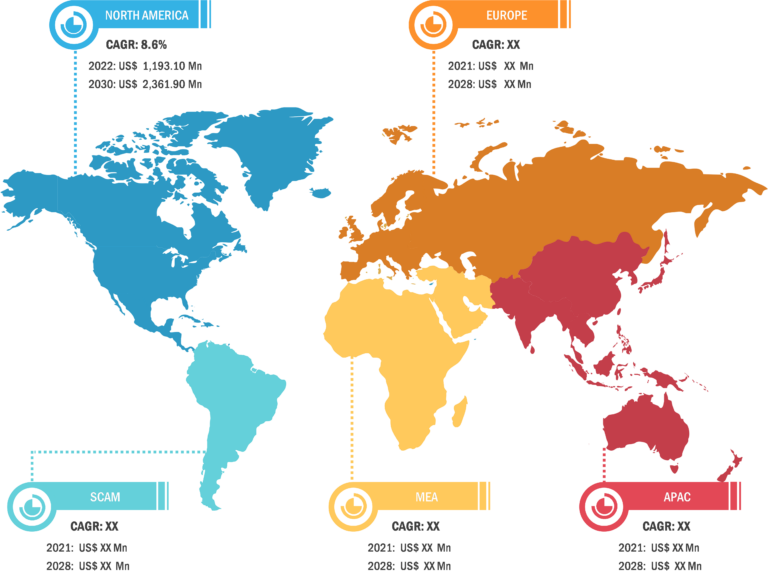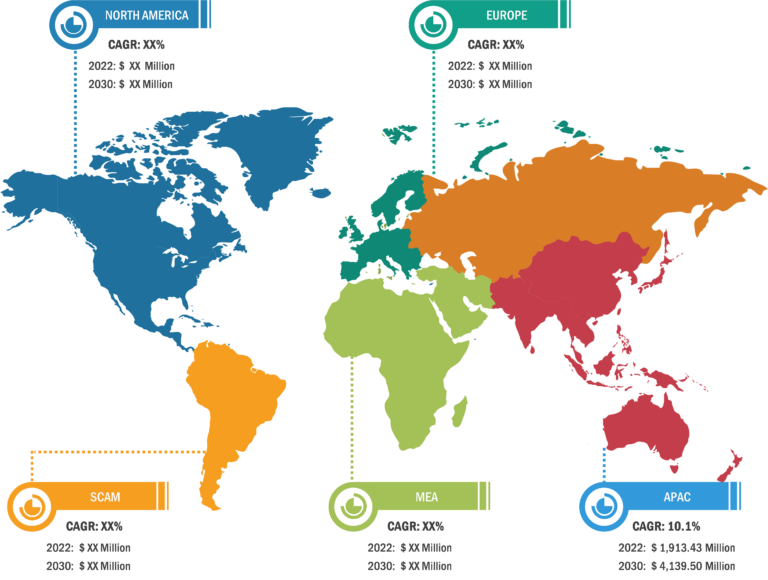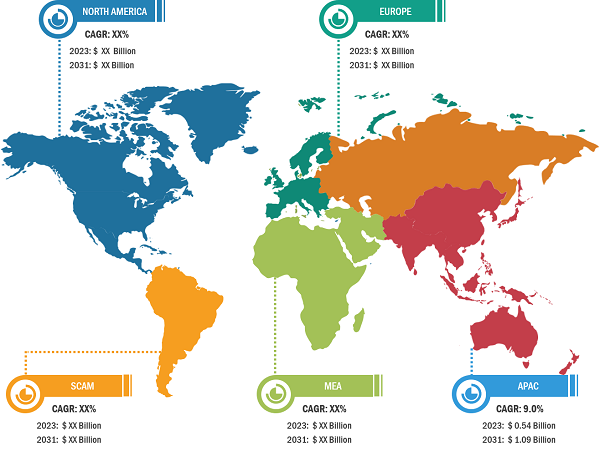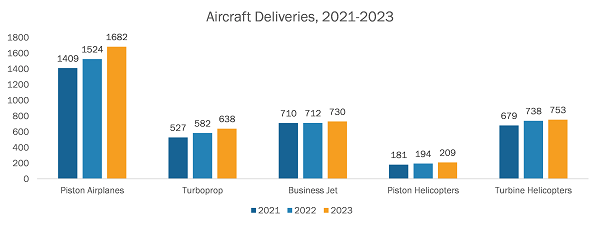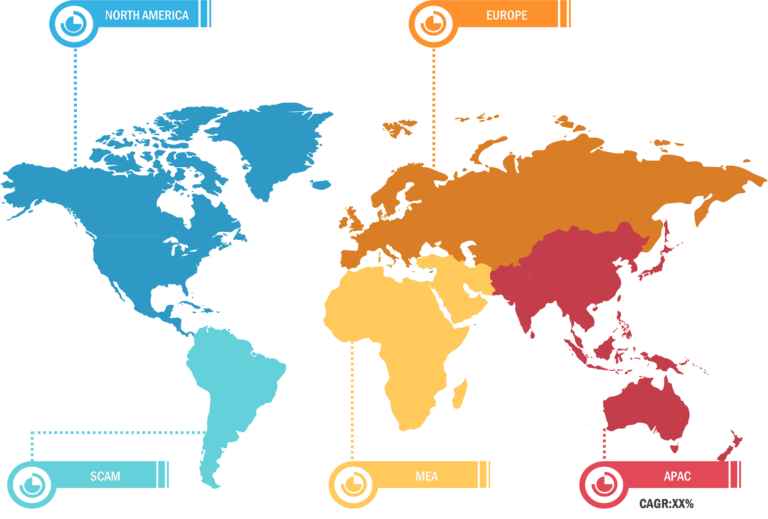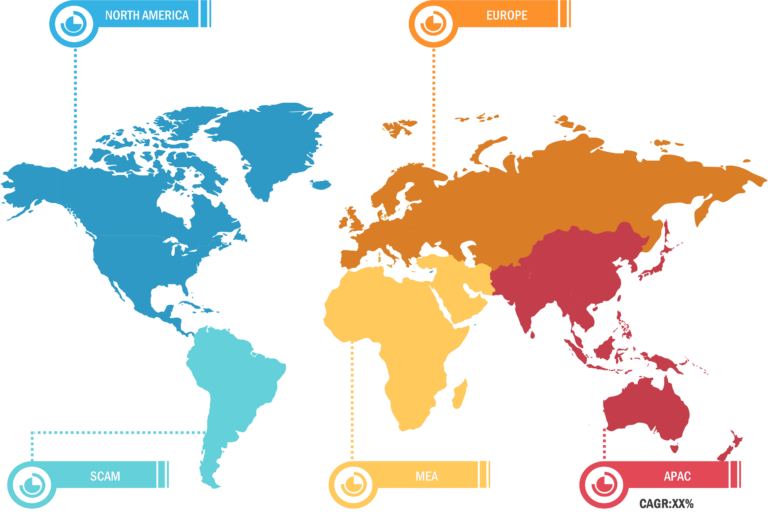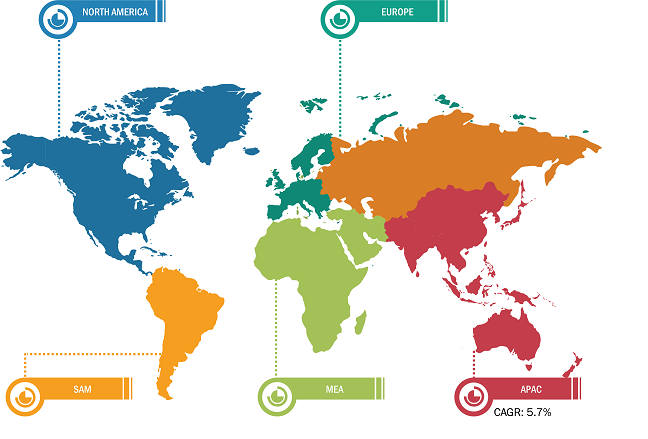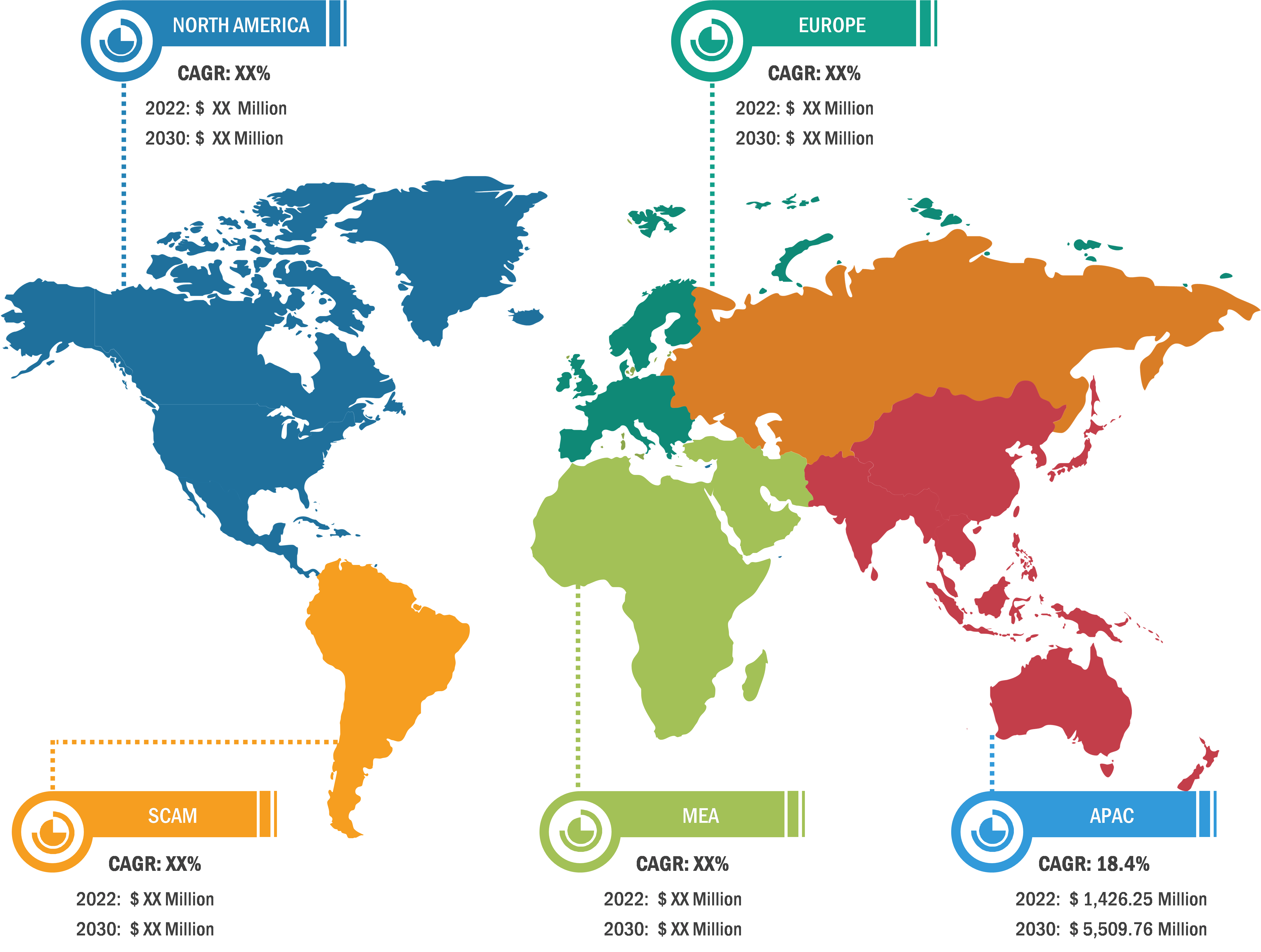
Gene Editing Market
Gene editing involves inserting, removing, or replacing DNA in an organism’s genome to treat a particular disease with an engineered nuclease or molecular scissors. This method allows scientists to change the DNA of organisms, such as CRISPR-Cas9 gene editing. The discovery and development of contemporary gene-editing techniques have made manipulation of production hosts exceptionally simple. CRISPR technology is a game-changer for cancer research and treatment as it can be used for screening for cancer drivers, detecting genes and proteins that can be targeted by cancer drugs, providing cancer diagnostics, and providing treatment. The increasing incidences of cancers and other genetic disorders and rising investment in genetic research are among the major factors contributing to the growing gene editing market size. However, the high cost of genomic equipment hinders the growth of the gene editing market.
Rising Investment in Genetic Research to Drive Gene Editing Market Growth
Globally, governments have invested heavily in genomics in recent years, which has contributed to the development of cutting-edge technologies in the field of gene editing. In addition, the availability of government funding has empowered academic and government institutions to carry out in-depth research on genome editing/engineering. For example, in March 2020, Genome Canada received a US$ 15 million grant from the Ministry of Innovation, Science, and Industry (Science). The grant supported 11 genomic research projects across the health, agriculture, and environment sectors. In addition to Genome Canada, provincial governments, businesses, and research partners also contributed to the projects, resulting in a total investment of US$ 29.7 million. Several projects included research on ovarian and cervical cancer. The number of genomic research projects has grown significantly due to increasing government investment in genomics. Therefore, the gene editing market is expected to expand during the forecast period.
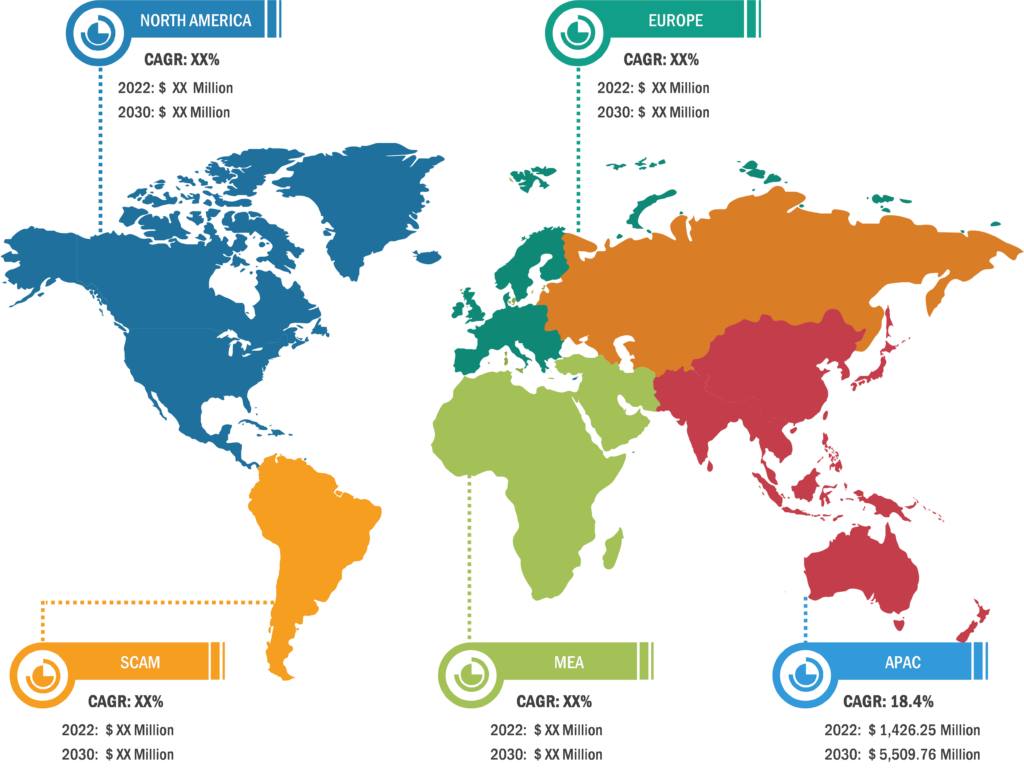
Gene Editing Market: Segmental Overview
The gene editing market is segmented on the basis of component, technology, application, and end user. Based on technology, the gene editing market has been segmented into clustered regularly interspaced short palindromic repeats, transcription activator-like effector nucleases, zinc finger nucleases, and other technologies. The clustered regularly interspaced short palindromic repeats segment held the largest market share in 2022 and is expected to register the highest CAGR during 2022–2030. Clustered regularly interspaced short palindromic repeats (CRISPR) technology is used to edit genes and associated with the Cas genes that are essential for adaptive immunity in selected bacteria and archaea. In 2012, IGI founder Jennifer Doudna, Emmanuelle Charpentier, and their team developed a method of repurposing a bacterial immune system called CRISPR. It is used to make breaks in DNA at precise locations, using a CRISPR-associated enzyme (called the Cas9 protein) like molecular scissors to cut DNA. With CRISPR, researchers can modify genes in living cells and organisms and can correct mutations at specific locations in the human genome to treat genetic causes of disease.
The development of a method for gene editing based on CRISPR–Cas9 technology was awarded The Nobel Prize in Chemistry in 2020. The CRISPR-Cas9 is quicker, more cost-effective, and more accurate than other DNA editing technologies and is used for wide applications. It is considered to be the simplest, versatile, and precise method of genetic manipulation.
Over the past decade, scientists have employed CRISPR technology as a readily adaptable tool to investigate biological function, dissect genetic interactions, and inform strategies to combat human diseases and engineer crops. Additionally, the advent of CRISPR gene editing, combined with improvements in computing and imaging capabilities, has created a new era in which both genetic disorders and individual disease susceptibilities are predictable and actionable. Product launches also favor the growth of the market. In September 2020, The Tata CRISPR test, powered by the CSIR-Institute of Genomics and Integrative Biology, received regulatory approvals from the Drug Controller General of India for commercial launch. As per the Indian Council of Medical Research guidelines, the FELUDA test meets high-quality benchmarks with 96% sensitivity and 98% specificity for detecting the coronavirus. This test utilizes an indigenously developed, cutting-edge CRISPR technology for the detection of the genome of the SARS-CoV-2 virus.
Thus, the factors mentioned above are expected to drive the CRISPR technology market during the forecast period.
Gene Editing Market: Competitive Landscape and Key Developments
Thermo Fisher Scientific; GenScript; Lonza; Merck KGaA; CRISPR Therapeutics; PerkinElmer Inc.; Agilent Technologies, Inc.; Precision Biosciences; Sangamo Therapeutics, Inc.; New England Biolabs; and Novartis are a few of the key companies operating in the gene editing market. These companies focus on product innovation strategies to meet evolving customer demands, along with maintaining their brand name.
A few of the recent developments in the global gene editing market are mentioned below:
- In June 2022, Precision BioSciences, Inc. entered into an in vivo gene editing research and development collaboration and license agreement with Novartis Pharma AG. Under the agreement, Precision is working on the development of a custom ARCUS nuclease as a potential one-time transformative treatment for numerous diseases, including sickle cell disease and beta-thalassemia.
- In December 2021, Thermo Fisher Scientific launched its new protein, Invitrogen TrueCut HiFi Cas9 Protein, to complement its expanding CRISPR gene editing solutions portfolio.
- In May 2021, New England Biolabs, Inc., a prominent supplier of life science reagents, entered into an agreement to acquire Fluorogenics Limited (FGL), a lyophilization R&D service company in the UK. Under the terms of the agreement, FGL became a wholly owned subsidiary of New England Biolabs.
- In November 2020, Eli Lilly partnered with Precision BioSciences to develop in vivo treatments for genetic disorders using Precision’s proprietary ARCUS genome editing platform. It is a collaborative effort that could generate US$ 2.7 billion for Precision BioSciences, which develops genome editing and CAR T immunotherapies.

